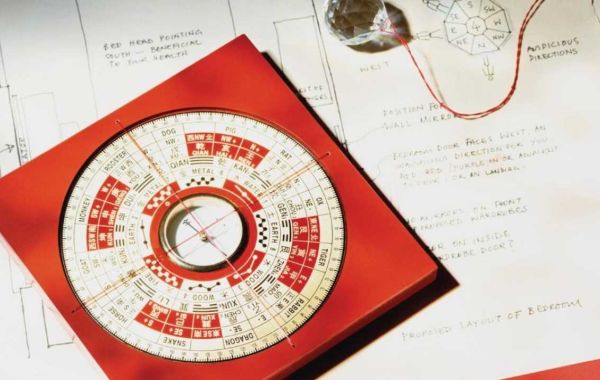Feng Shui is an ancient Chinese art and science that focuses on creating harmony and balance in one's environment to promote well-being, happiness, and success. It is based on the concept that the arrangement of elements and objects in your surroundings can have a profound impact on your life and feng shui masters. Here's some content on Feng Shui:
1. The Basics of Feng Shui:
Feng Shui, which means "wind and water" in Chinese, is a practice that dates back over 3,000 years. Its fundamental principle is to create a harmonious flow of energy, or "chi," in your home or workspace. This energy can be harnessed to bring positive influences and good fortune into your life.
2. The Five Elements:
Feng Shui revolves around the five elements – Wood, Fire, Earth, Metal, and Water. Each element is associated with certain qualities and colors. To achieve balance, a Feng Shui practitioner will strategically incorporate these elements into the space.
3. Bagua Map:
The Bagua Map is a key tool in Feng Shui. It's a grid that divides a space into nine areas, each corresponding to different aspects of life, such as wealth, health, relationships, and career. By mapping these areas, you can determine which parts of your home require adjustments to enhance specific aspects of your life.
4. Decluttering and Organization:
One of the core principles of Feng Shui is the importance of decluttering and organizing your space. A cluttered environment can obstruct the flow of positive energy and create chaos. By eliminating unnecessary items and organizing your surroundings, you can invite good chi into your life.
5. Color and Design:
Color plays a vital role in Feng Shui. Different colors are associated with specific elements and emotions. For example, red is associated with the Fire element and can symbolize passion and energy, while blue represents the Water element and signifies calm and relaxation. Choosing the right colors for your space can greatly impact its energy.
6. Yin and Yang:
Feng Shui seeks to balance the opposing forces of yin and yang. Yin represents qualities like passivity and softness, while yang represents qualities like assertiveness and activity. Achieving the right balance of yin and yang in your space is essential for overall well-being.
7. The Power of Placement:
Where you place furniture and objects in your home matters in Feng Shui. Proper placement can enhance the flow of energy and promote positive outcomes. For example, positioning your bed with a clear view of the bedroom door is believed to improve your sense of security and control.
8. Feng Shui Cures:
Feng Shui offers various remedies or cures to rectify imbalances in your environment. These can include the use of mirrors, crystals, wind chimes, or plants. These objects are strategically placed to counteract negative influences and enhance positive energy.
9. Personal Bagua:
In addition to the general Bagua Map, there's a personal Bagua, which you can overlay on your living space or room to focus on your specific goals and desires. It helps tailor Feng Shui adjustments to your individual needs.
10. Benefits of Feng Shui:
People who practice Feng Shui believe it can lead to improved health, better relationships, increased wealth, and overall happiness. While it may not be a guaranteed formula for success, creating a more balanced and harmonious living or working environment can certainly have a positive impact on one's life.
Incorporating Feng Shui principles into your life can be a fun and rewarding way to improve your surroundings and your overall sense of well-being. Whether you're making small adjustments or completely revamping your living space, remember that Feng Shui is all about promoting positive energy and balance in your life.








